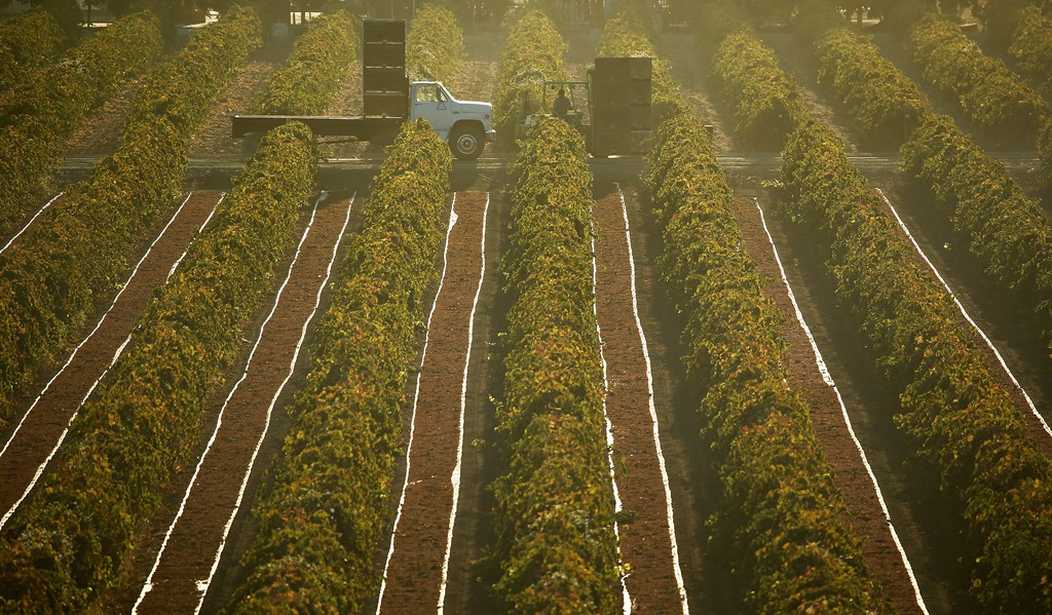A Chinese company’s recent purchase of farmland in North Dakota has lawmakers and analysts sounding the alarm about potential espionage.
The 300-acre farm, sold to Fufeng Group, is just 12 miles from Grand Forks Air Force Base, which houses sophisticated military drone technology.
Fufeng Group said it is planning to use the land to build a $700 million corn milling plant that would create at least 200 jobs as well as residual opportunities for logistics, trucking, and other services.
But US military officials are raising the alarm nonetheless. Senior Air Force officers circulated a memo in April warning that the presence of Fufeng Group in Grand Forks, a town of just 60,000 people, was a national security threat.
“Some of the most sensitive elements of Grand Forks exist with the digital uplinks and downlinks inherent with unmanned air systems and their interaction with space-based assets,” wrote US Air Force Maj. Jeremy Fox.
A Chinese firm with close proximity to such data “would present a costly national security risk causing grave damage to United States’ strategic advantages.”
Sen. Kevin Cramer (R-ND) has also expressed opposition to the presence of Fufeng Group, which he views as a front for the Chinese government.
“I think we grossly under appreciate how effective they are at collecting information, collecting data, using it in nefarious ways,” Cramer told CNBC. (New York Post)
Gordon Chang, a senior fellow at the Gatestone Institute, blasted the sale of the farmland on “Tucker Carlson Tonight” Thursday, calling the move “impossibly stupid.”
Recommended
“First of all, the Chinese are extremely aggressive,” he said. “But the more important story is that we are letting them do this. We are letting them buy a parcel 12 miles from a sensitive military facility where with passive listening equipment they can figure out almost everything we’re doing with those drones. This just is impossibly stupid."
The move comes as lawmakers are looking to ban the sale of U.S. farmland to Russian, Chinese, North Korean and Iranian companies.
“More needs to be done to ensure the U.S. food supply chain is secure and independent,” said Rep. Dan Newhouse (R-Washington), who authored the measure in the U.S. Department of Agriculture and Drug Administration funding bill.

























Join the conversation as a VIP Member